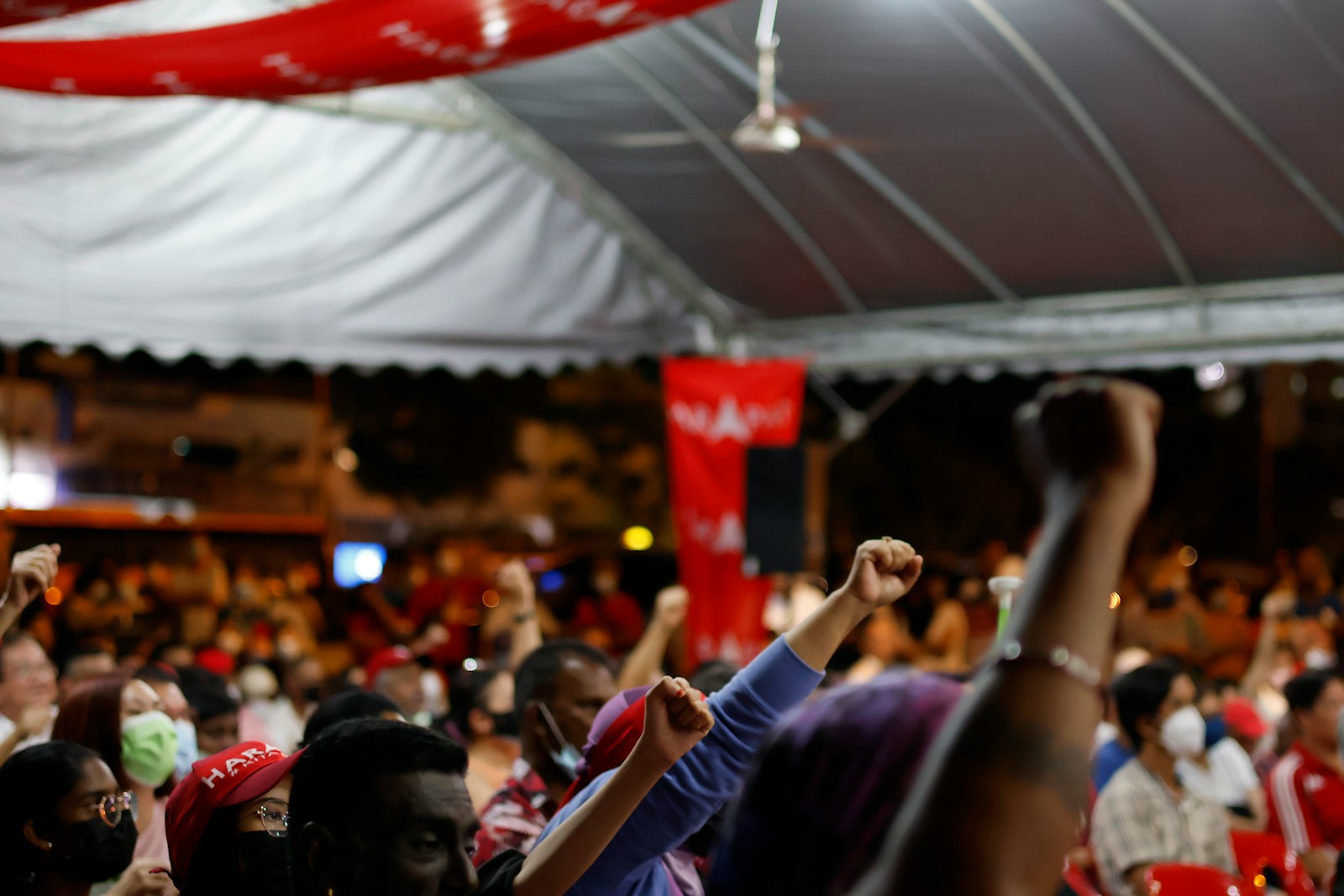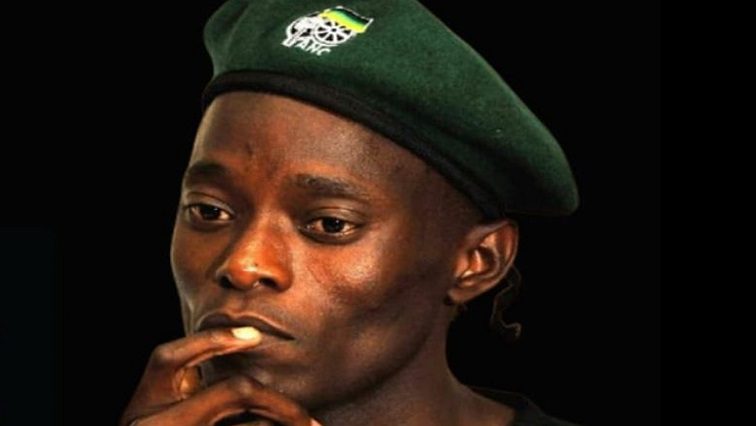MK Party: 3 Shocking Moves Against Leaders in USA Visit
The political landscape in South Africa has once again been shaken by the MK Party, which recently lodged an official complaint against President Cyril Ramaphosa and opposition leader John Steenhuisen following their visit to the United States. The move has stirred both outrage and amusement across the nation, exposing deep divisions in how the public perceives political leadership.
Challenging Presidential Authority
By filing a complaint against President Cyril Ramaphosa, the MK Party aims to question the legitimacy and intentions of his trip to the USA. Critics argue that the complaint is politically motivated, designed to undermine the president’s credibility both at home and abroad. Supporters of the MK Party, however, believe it is a bold step toward holding leaders accountable for their foreign engagements.
Targeting the Opposition
In addition to the president, John Steenhuisen, leader of the opposition Democratic Alliance, was also singled out in the complaint. The MK Party accused him of prioritizing international appearances over pressing domestic issues. This has triggered heated debates about whether South African leaders should focus more on solving challenges at home rather than strengthening ties abroad.
Public Reaction Across South Africa
What makes this development particularly intriguing is the public reaction. Many South Africans have taken to social media, expressing both frustration and humor at the situation. While some see the MK Party’s actions as disruptive, others interpret them as a necessary reminder that leaders should remain accountable for their decisions, especially when representing the nation on the global stage.
Questions Over US Relations
The MK Party has raised concerns about the transparency of meetings held during the USA visit. They argue that citizens deserve to know the real agenda behind such diplomatic travels. According to Brookings Institution, foreign visits often carry both economic and political implications, which can shape international partnerships for decades. The MK Party insists that South Africans should be fully informed of these potential outcomes.
Domestic Priorities Ignored?
Another major point raised by the MK Party is the neglect of domestic priorities. With unemployment, energy crises, and service delivery issues still plaguing South Africa, many citizens feel that international trips should not overshadow urgent problems at home. In their view, resources spent on overseas engagements could be redirected toward improving local conditions and strengthening communities.
A Divisive Political Strategy
Political analysts suggest that the MK Party’s complaint is not just about accountability but also a calculated strategy to position itself as a disruptive force in South African politics. By directly challenging figures like Ramaphosa and Steenhuisen, the party ensures its visibility and influence grow rapidly. For more insights into South African political dynamics, check out our detailed guide on local governance.
Media Spotlight Intensifies
The complaint has turned the spotlight on the MK Party, drawing intense media coverage both locally and internationally. By framing itself as the voice of accountability, the party is leveraging this moment to expand its reach and appeal to voters who feel left behind by mainstream politics. This visibility has significantly boosted their influence ahead of upcoming political milestones.
Balancing Criticism With Credibility
While some applaud the MK Party for challenging the political elite, others caution that constant criticism without clear alternatives may damage its long-term credibility. To remain relevant, the party must present actionable policies alongside its objections. Without this balance, its strategy could risk being dismissed as pure disruption rather than constructive opposition.
A Reflection of National Frustrations
The controversy ultimately reflects broader frustrations in South Africa. Citizens are weary of political theatrics and are demanding real solutions to unemployment, inequality, and energy shortages. The MK Party’s bold actions, whether seen as opportunistic or courageous, highlight the growing impatience of the electorate with leaders who appear disconnected from everyday struggles.
What Lies Ahead
Looking forward, the MK Party faces both challenges and opportunities. If it can maintain momentum while presenting clear policy alternatives, it may cement itself as a powerful force in shaping South Africa’s political future. However, without strategic direction, its current wave of attention may fade as quickly as it emerged, leaving it vulnerable in a highly competitive landscape.
Conclusion: MK Party and South Africa’s Democratic Pulse
The MK Party’s complaint against Cyril Ramaphosa and John Steenhuisen has sparked a vibrant debate across South Africa. Whether this move is remembered as a bold stand for accountability or as political opportunism will depend on how the party navigates the months ahead. One thing is certain: the MK Party has become a symbol of South Africa’s democratic pulse, amplifying the voices of citizens who demand transparency and genuine leadership.




